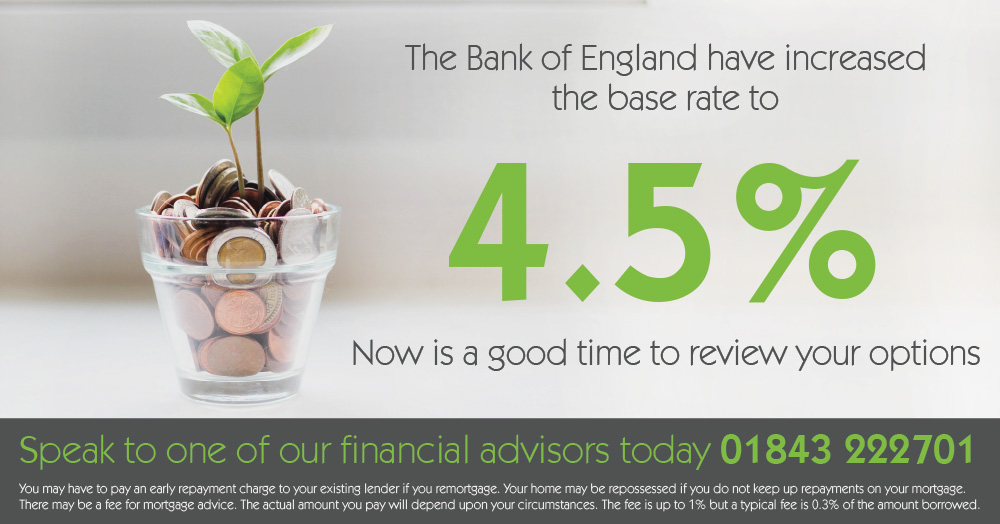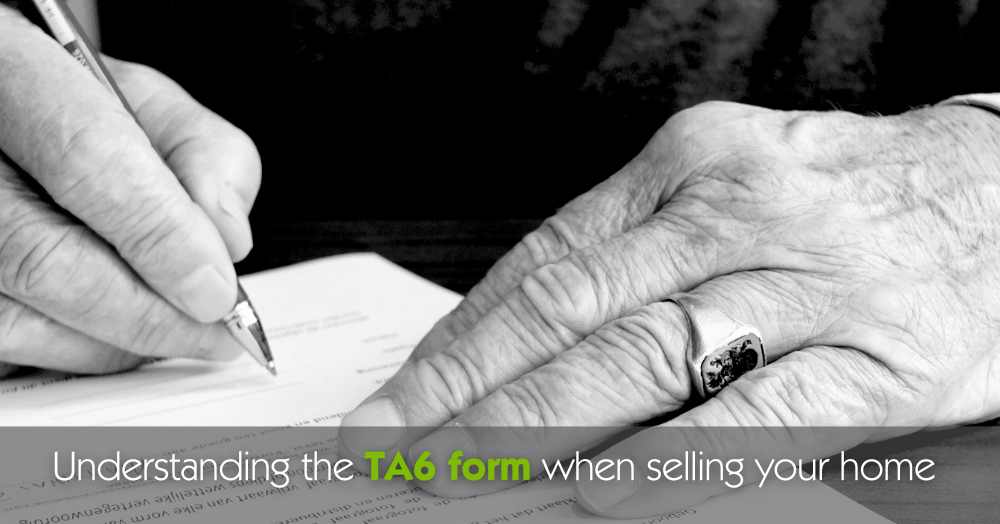The Bank of England has announced a new interest rate of 4.5% to help the economy keep up with inflation. This is something we all know to look out for, but why do inflation and interest rates change and what impact do they have on one another?
*This article was updated on 11th May 2023 following the base rate decision. Some information may no longer be current.
The Bank of England (BoE) has announced a 0.25% rise in the base rate, bringing it to a total of 4.5%. Why is the interest rate going up with inflation? There are benefits to it, even though it can feel overwhelming.
The words ‘rising inflation’ and ‘high interest rates’ are being thrown around a lot at the moment, and they can certainly be daunting terms. Yet most of us understand very little about what they are and why they change, despite the impact they have on our day-to-day lives.
Why does inflation affect interest rates? What impact does inflation have on our everyday lives and interest rates, and what does the government do to combat it?
What is inflation?
At its most basic, inflation is a rise in prices. This translates to a decline in the purchasing power of our money over time, which means you can’t get as much for your money. The rate at which this purchasing power drops is measured by the average price of a basket of select goods. These are goods which as a society we rely on or use most frequently, so they’re often in our proverbial shopping basket.
What is in a basket of goods?
As of 2022, there are around 730 items in the basket of goods, representing a variety of goods and services1. As an example of just how varied this basket is, included in the 2022 review were canned pulses, pet collars, sports bras, and antibacterial wipes.
The prices of these are reviewed periodically throughout the year, and experts use these to track changes to spending power and measure inflation. The main purpose in having a basket of goods is to help measure inflation, since they come together to represent a single value in the rising cost of goods and services over time in an economy. CPI, or the Consumer Price Index is the most commonly used term for this.
What is causing inflation now?
The UK is not the only country dealing with a cost of living crisis and many others report similar reasons. There are three universal factors2 that drive inflation, no matter where you are. These are:
- Demand-pull: when demand for goods or services exceeds supply
- Cost-push: When productions costs increase prices
- Built-in: when prices increase, wages (should) rise in turn
Recent production strains, shortages or goods, increased costs of energy, and the fallout from Covid have all contributed to these triggers, which has pushed inflation up for many countries all over the world.
In order to control inflation, governments and central world banks, like the Bank of England, will attempt to maintain a steady balance between growth in demand and supply.
Why does increasing the interest rate help lower inflation?
When interest rates go up, it increases the rate of borrowing, both in minor and major loans like mortgages. This move encourages people to save their money rather than spend it. It is a challenging balance to achieve, however, as the BoE doesn’t want to bring the economy down to a crawl.
These decisions must be weighed carefully and in equal measure, which is why a team of nine economists, the Monetary Policy Committee, meet around eight times a year, or every six weeks, to make considerations about the economies performance.
UK inflation rate predictions
While the inflation rate has been on a steady rise, and is a far cry from the 2% the BoE aims to maintain, they imply that the rate of inflation will slow again, though the prices of some goods may remain high compared to past costs.
They say inflation should start to fall this year3 and that’s largely because it’s unlikely the cost of energy and imported goods will continue to rise as swiftly as they have been. Similarly, production difficulties following Covid should ease the burden of supply and demand, which should help bring prices back down.
What this means for you
In an ideal world we’d be able to predict major financial shifts and trends, but even with the BoE’s reassurance, we can’t say for certain when inflation or interest rates will decrease.
Now may be the ideal time to review your mortgage, especially if your fixed rate is ending.
Speak to a mortgage adviser if you have concerns regarding your mortgage and the potential for rate increases. They may be able to help you lock in a lower interest rate before prices rise once more.
You may have to pay an early repayment charge to your existing lender if you remortgage.







Share this with
Email
Facebook
Messenger
Twitter
Pinterest
LinkedIn
Copy this link